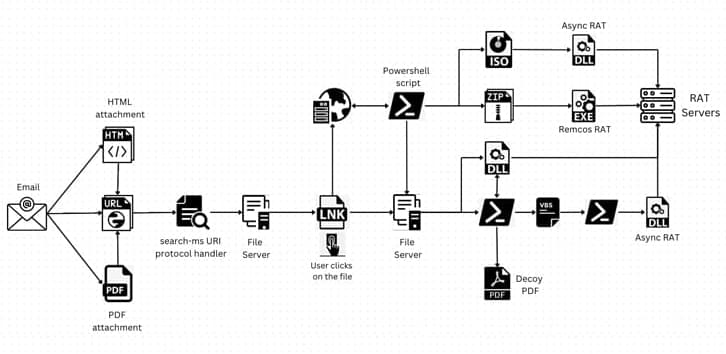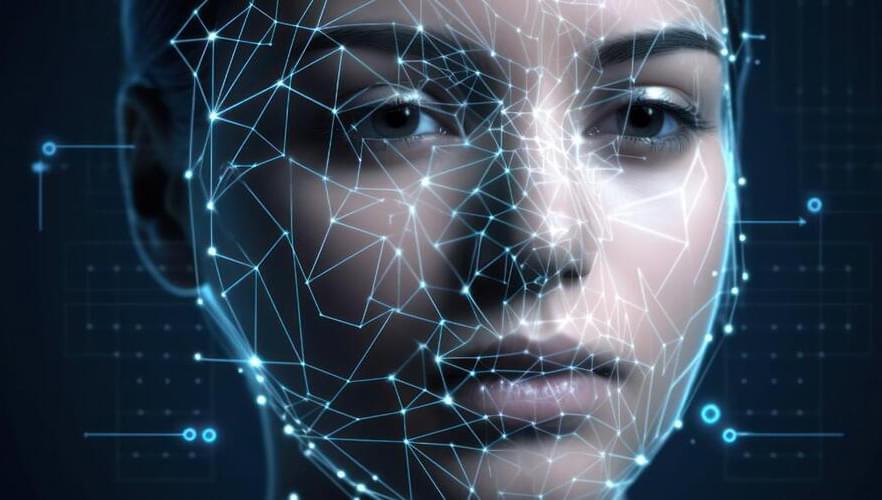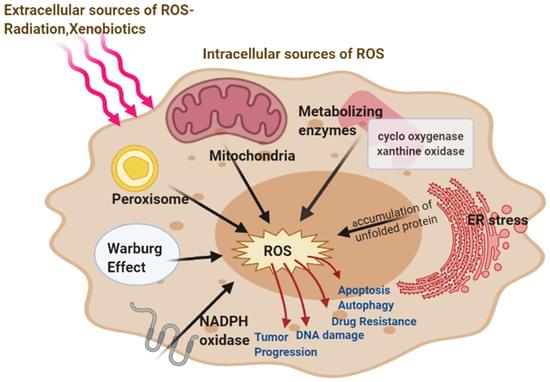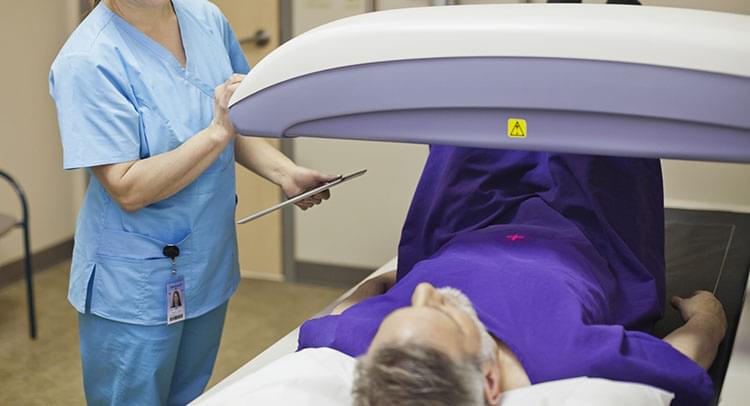Page 1720
Jul 31, 2023
Hackers Abusing Windows Search Feature to Install Remote Access Trojans
Posted by Saúl Morales Rodriguéz in category: security
A legitimate Windows search feature is being exploited by unknown malicious actors to download arbitrary payloads from remote servers and compromise targeted systems with remote access trojans such as AsyncRAT and Remcos RAT.
The novel attack technique, per Trellix, takes advantage of the “search-ms:” URI protocol handler, which offers the ability for applications and HTML links to launch custom local searches on a device, and the “search:” application protocol, a mechanism for calling the desktop search application on Windows.
“Attackers are directing users to websites that exploit the ‘search-ms’ functionality using JavaScript hosted on the page,” security researchers Mathanraj Thangaraju and Sijo Jacob said in a Thursday write-up. “This technique has even been extended to HTML attachments, expanding the attack surface.”
Jul 31, 2023
SMART ePANTS Program Pursuing Advanced Smart Textiles for Intelligence Community, DoD, DHS
Posted by Saúl Morales Rodriguéz in categories: security, wearables
Not surprisingly, the Intelligence Community (IC), Department of Defense (DoD), and first responders at the Department of Homeland Security (DHS) and other agencies are also interested in wearable electronics. With its Smart Electrically Powered and Networked Textile Systems (SMART ePANTS) program, the Intelligence Advanced Research Projects Activity (IARPA) is delivering the largest single investment ever made1 to make Advanced Smart Textiles2 (AST) a reality.
According to SMART ePANTS Program Manager, Dr. Dawson Cagle, developing clothing with sensor systems that can record audio, video, and geolocation data would significantly improve the capabilities of IC, DoD, DHS staff, and others working in dangerous or high-stress environments, such as crime scenes and arms control inspections. Dr. Cagle also asserted that ASTs could collect information one doesn’t notice, which would increase job effectiveness.
Jul 31, 2023
Decoding lies with AI? New machine learning model uses facial expressions and pulse rates to detect deception
Posted by Saúl Morales Rodriguéz in categories: biotech/medical, information science, neuroscience, robotics/AI
Researchers from the Tokyo University of Science recently published a study in the journal Artificial Life and Robotics where they explored how machine learning can help detect deception.
Machine learning is a subset of artificial intelligence (AI) that involves the use of algorithms and statistical models to enable computers to learn and improve from experience without being explicitly programmed. In other words, it is a method of teaching computers to perform specific tasks by learning from data, patterns, and examples, rather than relying on pre-defined rules.
Detecting deception can be important in various situations, like questioning crime victims or suspects and interviewing patients with mental health issues. Sometimes, human interviewers might struggle to ask the right questions or spot deception accurately.
Jul 31, 2023
Open-source platform makes it easier to create 3D scenes from images
Posted by Omuterema Akhahenda in category: robotics/AI

Just a few years ago, Berkeley engineers showed us how they could easily turn images into a 3D navigable scene using a technology called Neural Radiance Fields, or NeRF. Now, another team of Berkeley researchers has created a development framework to help speed up NeRF projects and make this technology more accessible to others.
Led by Angjoo Kanazawa, assistant professor of electrical engineering and computer sciences, the researchers have developed Nerfstudio, a Python framework that provides plug-and-play components for implementing NeRF-based methods, making it easier to collaborate and incorporate NeRF into projects. Kanazawa and her team will present their paper on Nerfstudio at SIGGRAPH 2023, and have published it as part of the Special Interest Group on Computer Graphics and Interactive Techniques Conference Conference Proceedings.
Continue reading “Open-source platform makes it easier to create 3D scenes from images” »
Jul 31, 2023
Hypertension: 2 servings of strawberries improves heart, brain health
Posted by Shubham Ghosh Roy in categories: biotech/medical, health, neuroscience
Consuming strawberries daily may help improve cognitive function, lower blood pressure, and increase antioxidant capacity, a clinical trial shows.
Jul 31, 2023
Axolotl: The adorable amphibian that can regrow its body and stay looking young forever
Posted by Shubham Ghosh Roy in category: biological
The Mexican salamander is only found in two lakes and is considered critically endangered, with pollution and invasive predators driving the species’ decline.
Jul 31, 2023
Oxidative Stress in Cancer Cell Metabolism
Posted by Shubham Ghosh Roy in categories: biotech/medical, genetics
Reactive oxygen species (ROS) are important in regulating normal cellular processes whereas deregulated ROS leads to the development of a diseased state in humans including cancers. Several studies have been found to be marked with increased ROS production which activates pro-tumorigenic signaling, enhances cell survival and proliferation and drives DNA damage and genetic instability. However, higher ROS levels have been found to promote anti-tumorigenic signaling by initiating oxidative stress-induced tumor cell death. Tumor cells develop a mechanism where they adjust to the high ROS by expressing elevated levels of antioxidant proteins to detoxify them while maintaining pro-tumorigenic signaling and resistance to apoptosis.
Jul 31, 2023
Bone Density Test Can Gauge Heart Attack Risk
Posted by Shubham Ghosh Roy in categories: biotech/medical, robotics/AI
A routine osteoporosis screening bone density test can also detect increased risk for a heart attack because of the presence of calcium in the aorta. But reading these images requires expertise and can be time-consuming.
Now, research from a multi-institution collaboration, including Harvard Medical School and Hebrew SeniorLife, reports that this calcification test score can be calculated quickly by using machine learning, without the need for a person to grade the scans.
Jul 31, 2023
OpenAI Quietly Shuts Down Its AI Detection Tool
Posted by Kelvin Dafiaghor in category: robotics/AI
Dashing the hopes of liberal arts professors and teachers, OpenAI decommissions its AI content detector due to poor accuracy.

















